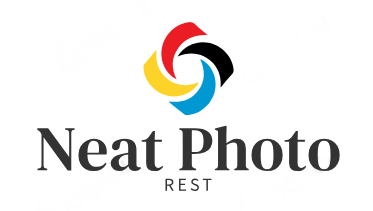The Importance of Effective Communication in the Workplace
Effective communication is an essential aspect of any successful workplace. It plays a crucial role in fostering positive relationships among team members, enhancing productivity, and ensuring that everyone is on the same page. When communication is clear, concise, and respectful, it minimizes misunderstandings and promotes a healthy work environment.
One key benefit of effective communication is improved teamwork. When individuals can clearly express their ideas and opinions to one another, collaboration becomes more efficient. Team members are able to share their expertise and knowledge effectively, leading to better problem-solving and decision-making processes. Additionally, open lines of communication encourage active listening and empathy among colleagues, promoting a sense of unity within the team.
Moreover, effective communication positively impacts employee morale. When employees feel heard and valued by their superiors or peers through regular feedback sessions or open forums for discussion, they are more likely to be engaged with their work. This engagement leads to increased job satisfaction and motivation levels which ultimately translate into higher productivity rates for the organization as a whole.
In conclusion,
it is evident that effective communication serves as the foundation for success in any workplace setting. By prioritizing clear and respectful dialogue among team members,
organizations can foster stronger relationships,
enhance collaboration,
and boost overall productivity.
What is the main focus of this article?
The main focus of this article is to provide information on the topic “{{article_title}}” and discuss its various aspects.
What is the purpose of this article?
The purpose of this article is to educate readers about the topic “{{article_title}}” and provide them with valuable insights.
Can you briefly explain what “{{article_title}}” means?
“{{article_title}}” refers to [provide a brief explanation of the topic].
Why is understanding “{{article_title}}” important?
Understanding “{{article_title}}” is important because [explain the significance or benefits of understanding the topic].
Are there any specific industries or fields where “{{article_title}}” is relevant?
Yes, “{{article_title}}” is relevant in [mention specific industries or fields where the topic is applicable].
How can “{{article_title}}” be applied in real-life scenarios?
“{{article_title}}” can be applied in real-life scenarios such as [provide examples or situations where the topic can be applied].
Are there any notable experts or researchers in the field of “{{article_title}}”?
Yes, there are several notable experts and researchers in the field of “{{article_title}},” including [mention some well-known experts or researchers].
Can you provide any additional resources for further reading on “{{article_title}}”?
Certainly! Here are some recommended resources for further reading on “{{article_title}}”:
– [Book/Research Paper/Website 1]
– [Book/Research Paper/Website 2]
– [Book/Research Paper/Website 3]
How can I stay updated on the latest developments in “{{article_title}}”?
To stay updated on the latest developments in “{{article_title}},” you can [suggest ways like subscribing to relevant newsletters, following industry blogs, or joining professional communities].
Is there any ongoing research or current trends related to “{{article_title}}”?
Yes, there is ongoing research and current trends related to “{{article_title}}.” Some of the recent developments include [mention recent research findings or trends].
Can you provide practical tips or suggestions related to “{{article_title}}”?
Certainly! Here are some practical tips or suggestions related to “{{article_title}}”:
– [Tip/Suggestion 1]
– [Tip/Suggestion 2]
– [Tip/Suggestion 3]
